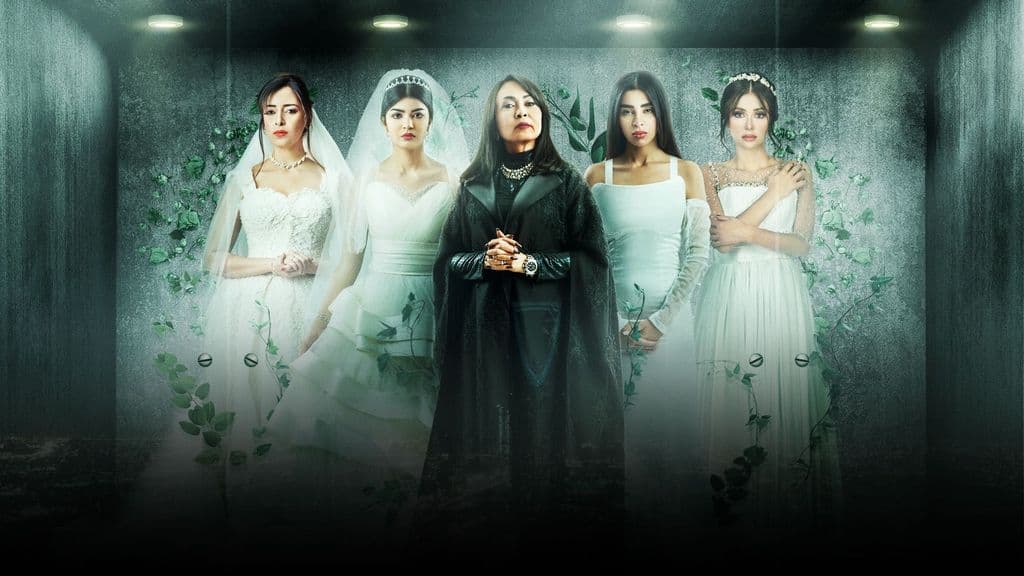In 2020, streaming platform Shahid released the Saudi show Dahaya Halal (Halal Victims), but after causing nation-wide uproar due to its bold scenes and controversial storylines, the Saudi General Authority for Audiovisual Media demanded its removal from Shahid and other MBC screens. Three years later, Dahaya Halal is back on screens, delving into worlds unknown and uncovering social problems usually kept in the dark. No specific reason was provided as to why the show is back on screens, however, social transformations in Saudi Arabia — where gendered laws and norms are changing — may have played a part. Dahaya Halal is a heart-wrenching, and controversial to some, show that tells the story of five women who, due to misfortunes and difficulties, seek refuge with Om Noura (played by Sanaa Bakr Younis) who promises to help them. Om Noura weds them off to wealthy men who are in search of secret, albeit perceived as halal, marriages. Through the marriages, which are arranged to be quick and temporary, Om Noura collects dowries that she splits in half between the girls and herself. In Om Noura’s house — which parallels a trafficking and…
REVIEW | Dahaya Halal: The Saudi Show Uncovering Sexual Exploitation and Social Issues in the Arab World
July 8, 2023



